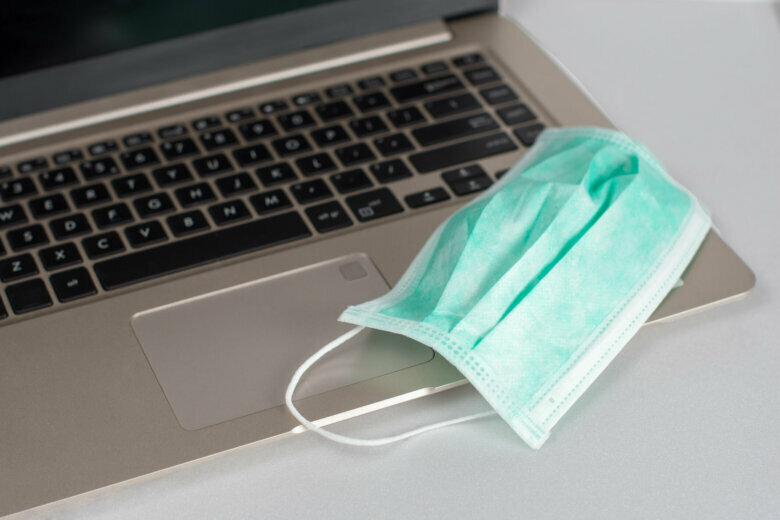
Self-diagnosing health symptoms via online symptom checkers, or “Dr. Google,” is wrong nearly three-quarters of the time, according to new Edith Cowan University research published in the Medical Journal of Australia.
The study, which analyzed 36 symptom-checking apps and websites across the globe, said 74% of the sites failed to produce the correct diagnosis as the first result.
The correct diagnosis was within in top three results only 52% of the time.
Lead study author and ECU Masters student Michella Hill said in a release that the findings should prompt people to stop and think.
“While it may be tempting to use these tools to find out what may be causing your symptoms, most of the time they are unreliable at best, and can be dangerous at worst,” she said.
Hill added that since these sites do not know the user’s medical history, “the reality is these websites and apps should be viewed very cautiously as they do not look at the whole picture.”
A similar study in 2015 found almost identical results.
Symptom-checking sites do have some use, however. According to Hill’s study, the sites proved more useful in directing users to go get a professional opinion.
“We found the advice for seeking medical attention for emergency and urgent care cases was appropriate around 60% of the time, but for nonemergencies, that dropped to 30% to 40%,” she said.
Hill said that while symptom checkers can give context to an official diagnosis given by a health care provider, the lack of quality control for these apps and sites is a major issue.









